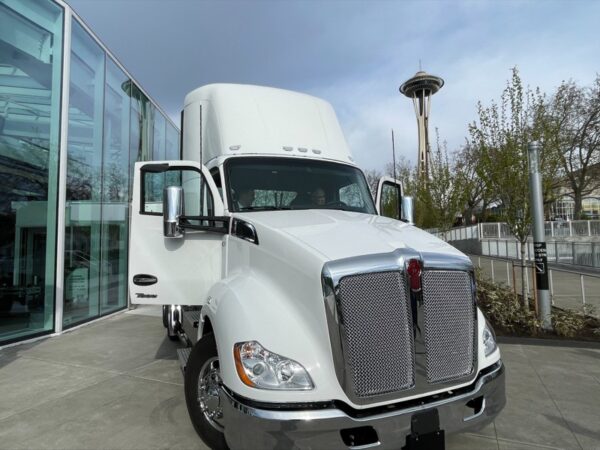Those numbers come from new reports from the Washington Department of Ecology, which for the first time detail what kinds of oil are moving through which communities in the state, and in what amounts.
The new quarterly reports are the first of their kind. In 2015, Washington passed the Oil Transportation Safety Act, which greatly expanded the state’s oversight of oil trains. Previously, railroads were required under an emergency order to inform states only of Bakken crude shipments larger than one million gallons. The new state rule gathers data not from railroads themselves but from refineries and terminals that accept oil shipments.
Rebecca Ponzio of the Washington Environmental Council said she and other environmentalists had long been concerned about shipments of Canadian crude, which the state’s oil spill response planners say is heavy and difficult to contain and clean when it spills.
“Having this information starts to empower us as community members as well as the elected officials and emergency responders to better understand what the threat is and start seeing trends,” Ponzio said.



